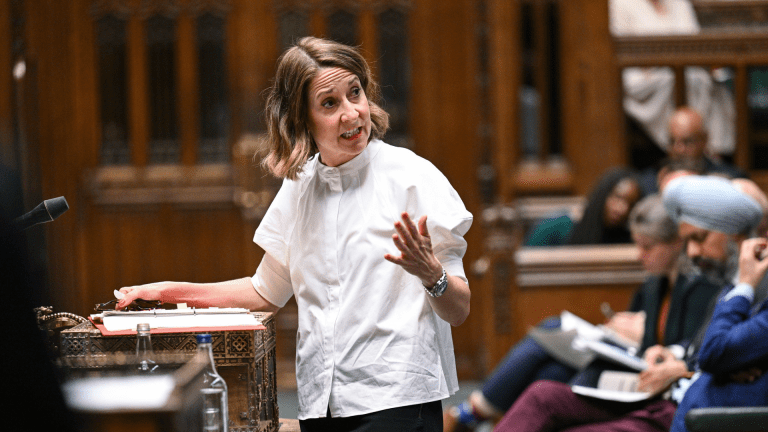It is urgent that we learn the value of migration, starting in schools and ending with every single one of us, as the war in Ukraine continues to force millions to abandon their homes and migrants attempting to cross the channel face untold hostility.
The Windrush Scandal showed us the consequences of failing to understand the history of empire and migration to this country.
Wendy Williams, author of the Lessons Learned review, found that a lack of understanding of this history by Home Office staff and successive governments was a root cause of the Windrush Scandal. She identified “institutional ignorance and thoughtlessness towards the issue of race and the history of the Windrush generation”.
And just days ago, reports suggested that disagreements have delayed the rollout of a teaching module on colonialism for the Home Office, as some civil servants think the material is “too controversial”.
The history of migration is fundamental to all of us in Britain. From the Huguenots in the 1600s, Jewish refugees in the 1700s or the influx of migration to Britain because of the British Empire, we all have a connection to these movements of people.
The teaching of our migration history should be instilled throughout the curriculum, beyond the history syllabus. The government recently released its Inclusive Britain plan, which included plans for a new model history curriculum, but much more is needed to address the gaps in learning in schools.










